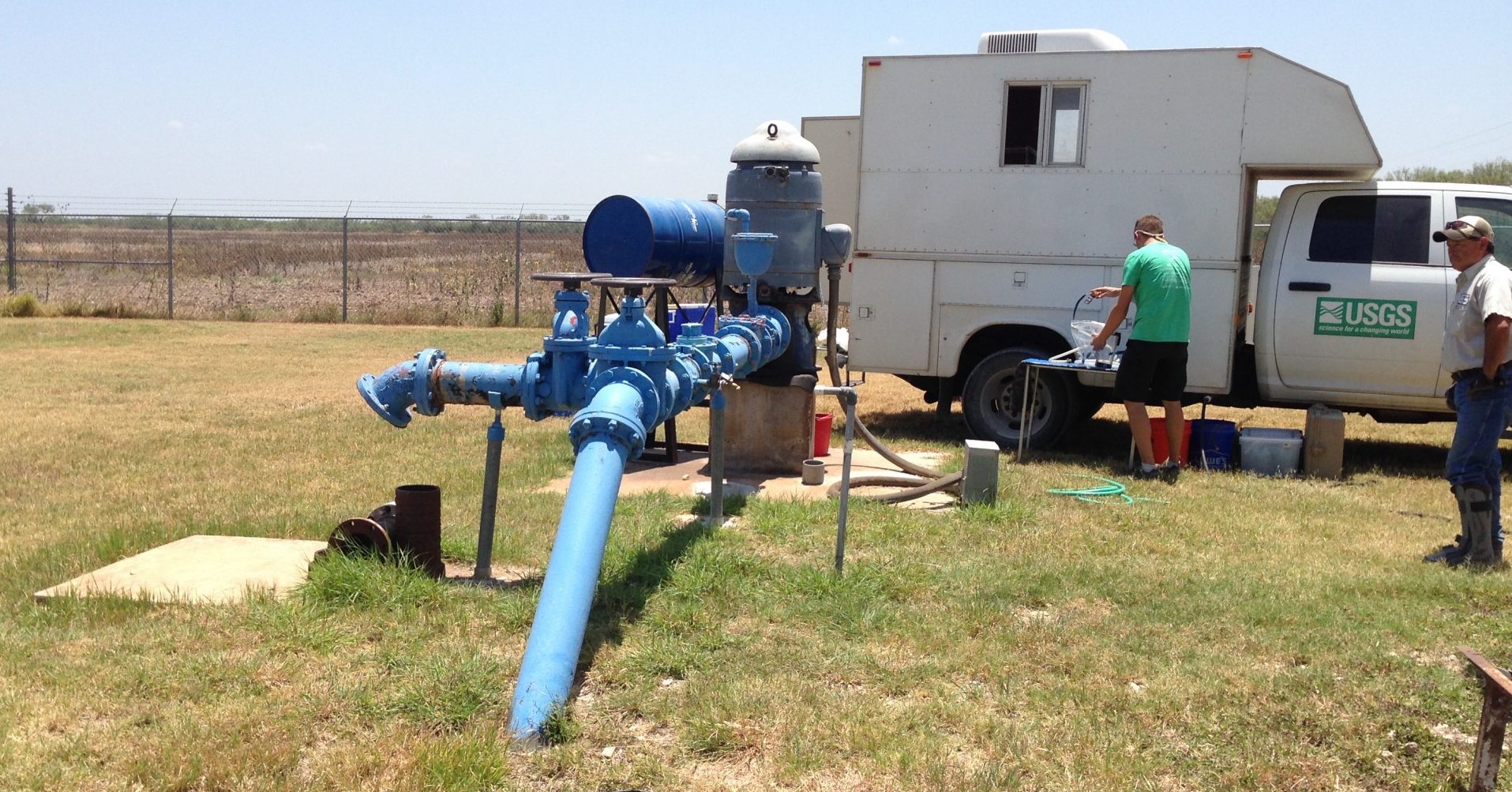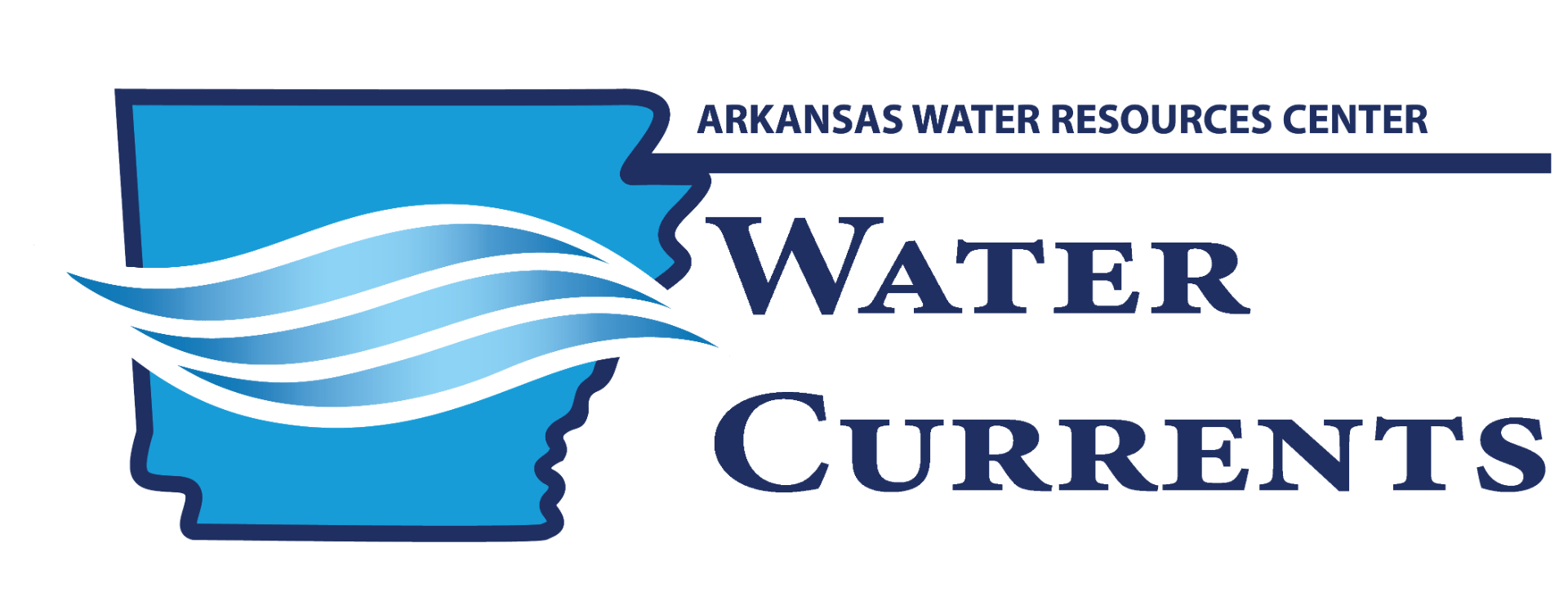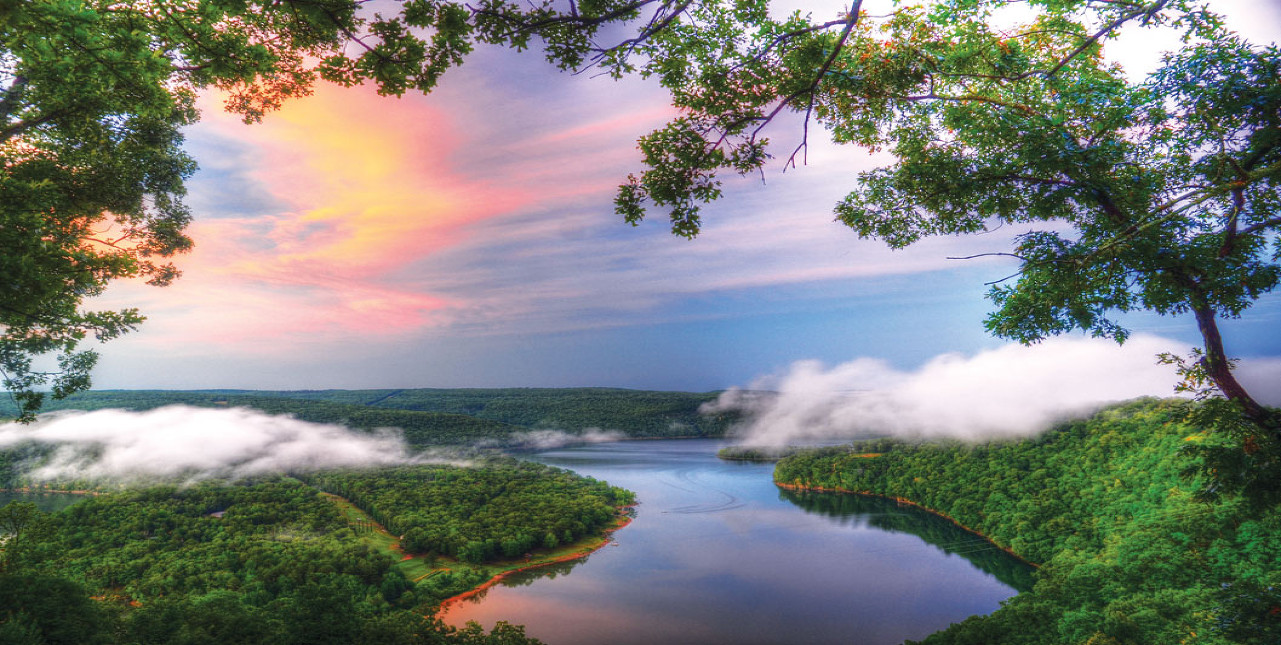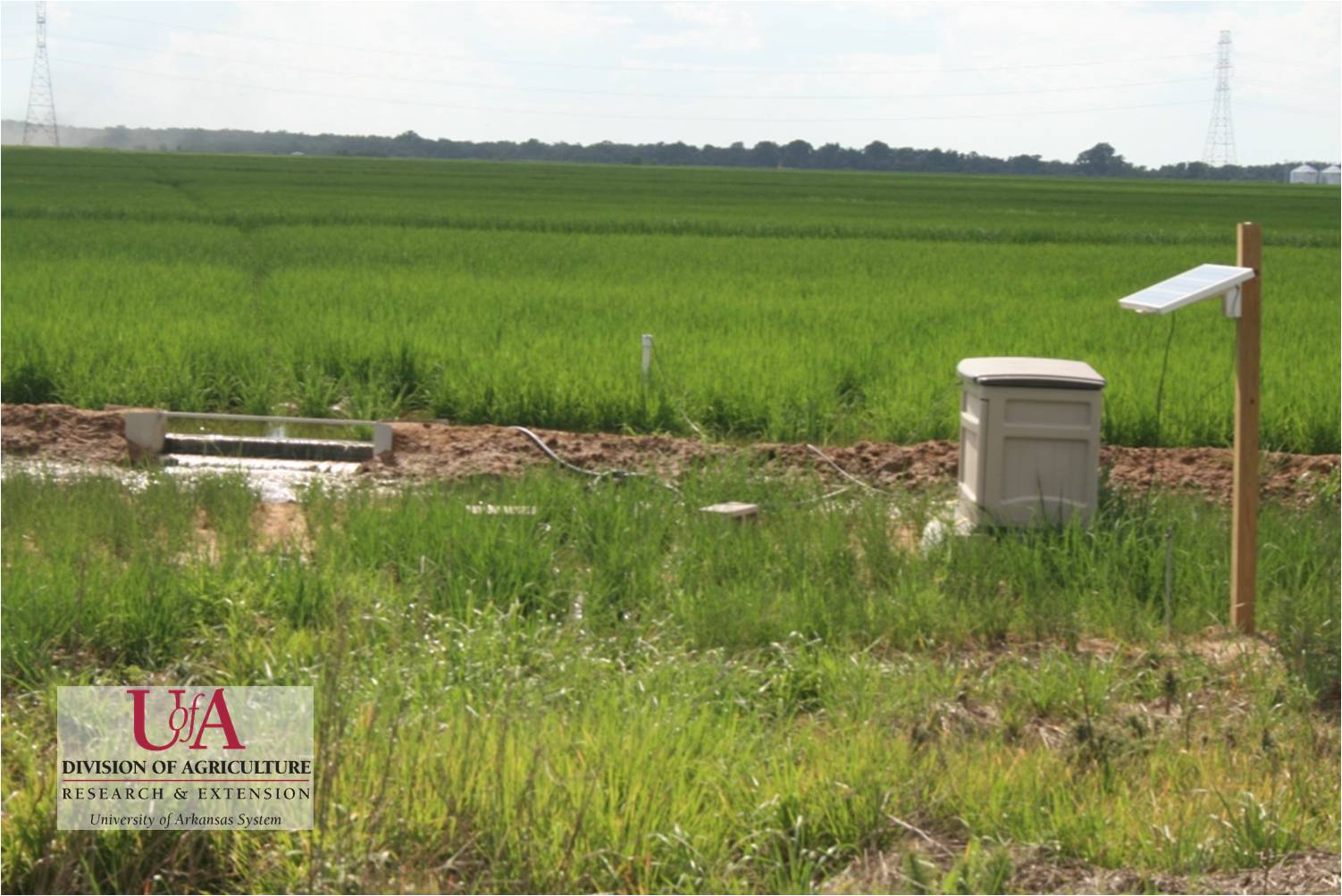
Unconventional Oil and Gas Production Not Currently Affecting Drinking Water Quality

By US Geological Survey
Decades or longer may be needed to fully assess the effects of unconventional oil and gas production on the quality of groundwater used for drinking water in Arkansas, Louisiana, and Texas.
A new U.S. Geological Survey study shows that unconventional oil and gas production in some areas of Arkansas, Louisiana, and Texas is not currently a significant source of methane or benzene to drinking water wells. These production areas include the Eagle Ford, Fayetteville, and Haynesville shale formations, which are some of the largest sources of natural gas in the country and have trillions of cubic feet of gas.
This is the first study of these areas to systematically determine the presence of benzene and methane in drinking water wells near unconventional oil and gas production areas in relation to the age of the groundwater.
Thirsty for more? Click the links below to learn about studies done by researchers in Arkansas.
(Photo credit: Patty Ging, US Geological Survey)









